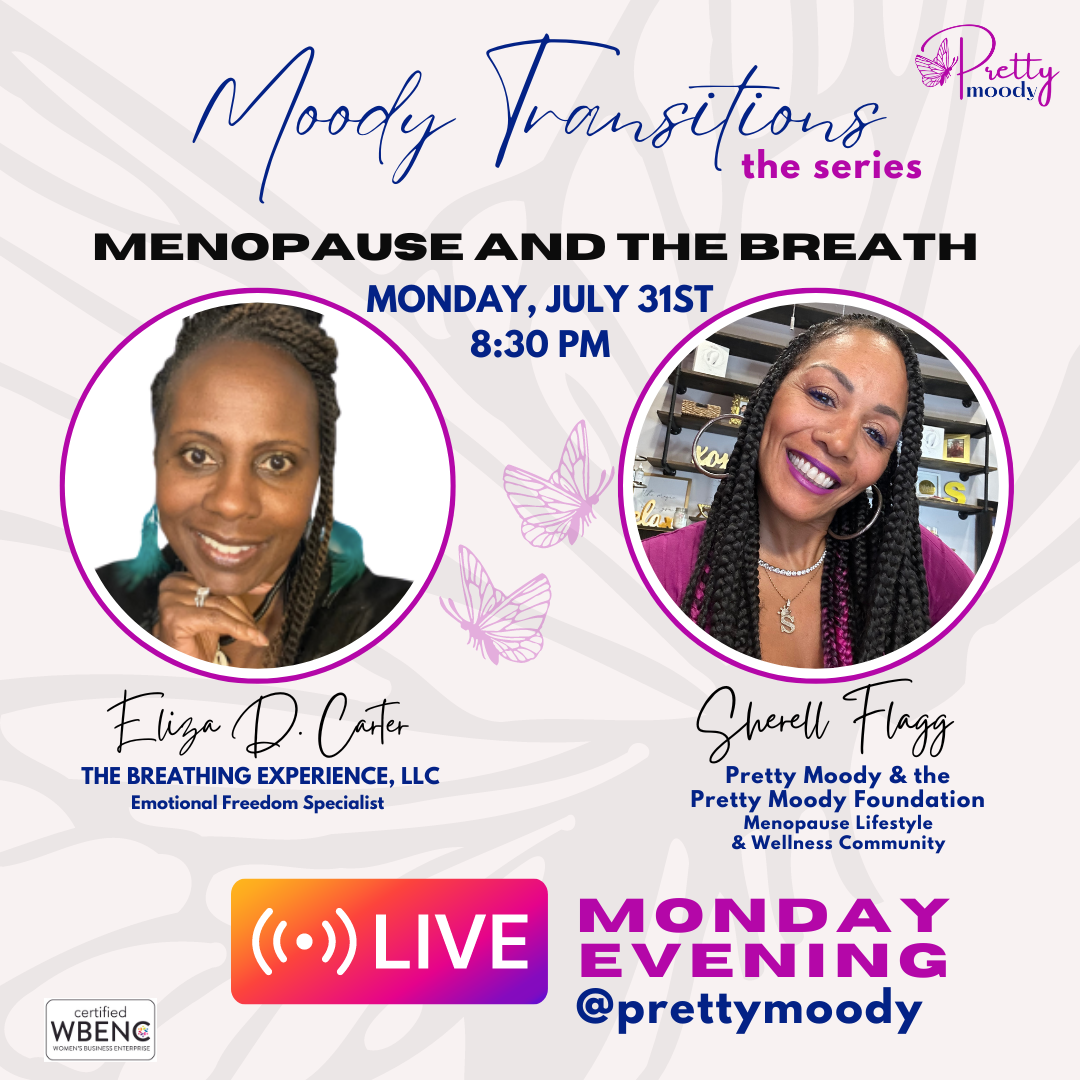Breathwork can be beneficial during menopause by helping to manage the various physical and emotional symptoms that women may experience during this transitional phase of life. While breathwork cannot directly address the hormonal changes associated with menopause, it can have a positive impact on the overall well-being and quality of life by addressing some of the common issues women face during this time.
- Stress Reduction: Menopause can be a stressful time due to the changes happening in the body, as well as the emotional and psychological adjustments that may accompany this phase. Breathwork, particularly deep abdominal breathing and relaxation techniques, activates the parasympathetic nervous system, leading to a relaxation response. This can help reduce stress and promote a sense of calm, which may be especially beneficial for women experiencing anxiety or mood swings during menopause.
- Hot Flash Management: Hot flashes are one of the most common symptoms of menopause, characterized by sudden feelings of intense heat and sweating. Breathwork practices like the Cooling Breath (Sitali or Sitkari) can help cool the body and provide some relief during hot flashes. By inhaling cool air through the mouth and exhaling through the nose, women can experience a soothing effect that may lessen the intensity of hot flashes.
- Sleep Improvement: Menopause can sometimes lead to disrupted sleep patterns, making it challenging for women to get restful sleep. Breathwork techniques, especially those aimed at relaxation, can help ease the mind, reduce insomnia, and improve the overall quality of sleep.
- Emotional Balance: Menopause can bring about emotional ups and downs due to hormonal fluctuations and the psychological impact of this life transition. Breathwork can help women connect with their emotions, process feelings more effectively, and achieve a greater sense of emotional balance and stability.
- Physical Comfort: Certain breathwork techniques can enhance circulation and oxygenation in the body, potentially easing physical discomfort associated with menopause, such as muscle tension, joint pain, and headaches.
- Mindfulness and Body Awareness: Breathwork often involves focusing on the breath and being present in the moment. This mindfulness practice can increase body awareness, allowing women to better understand and respond to their bodies' needs during menopause.
It's important to note that while breathwork can be a valuable tool for managing menopause symptoms, it is not a replacement for medical treatment. Women experiencing severe or persistent symptoms during menopause should consult with healthcare professionals to explore a comprehensive approach to managing their health and well-being during this time. Integrating breathwork into a broader self-care routine, which may include a balanced diet, regular exercise, and medical guidance, can contribute to a more positive menopause experience.


